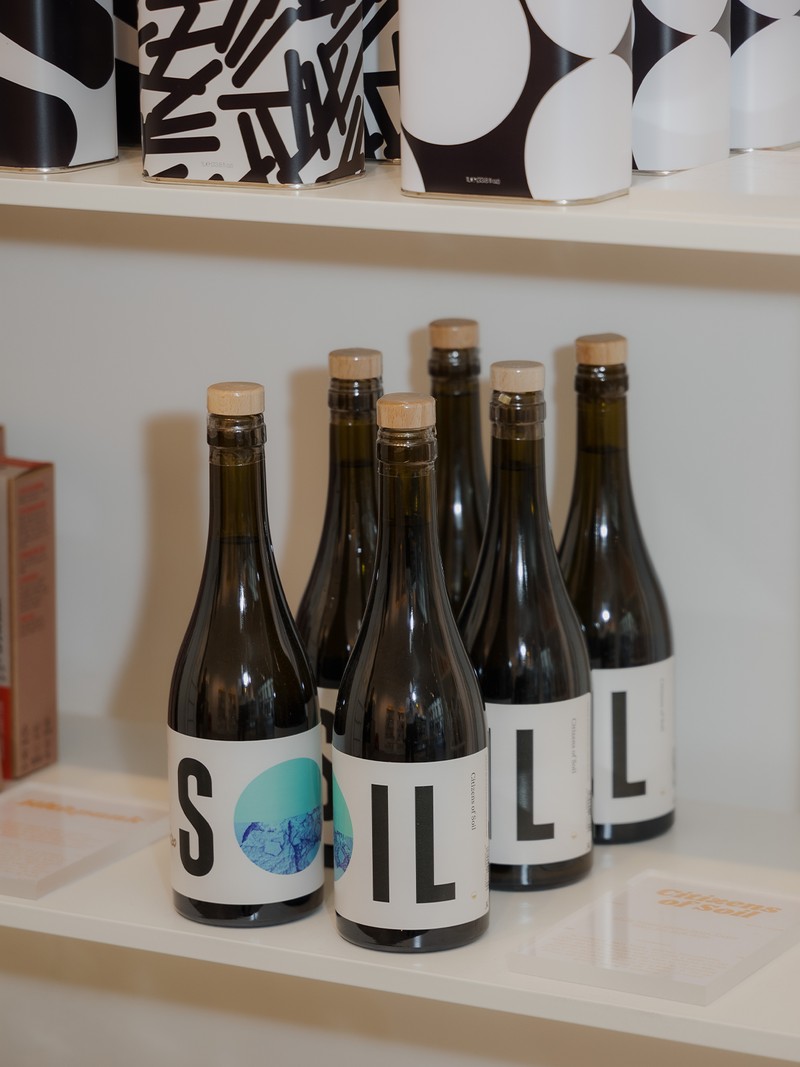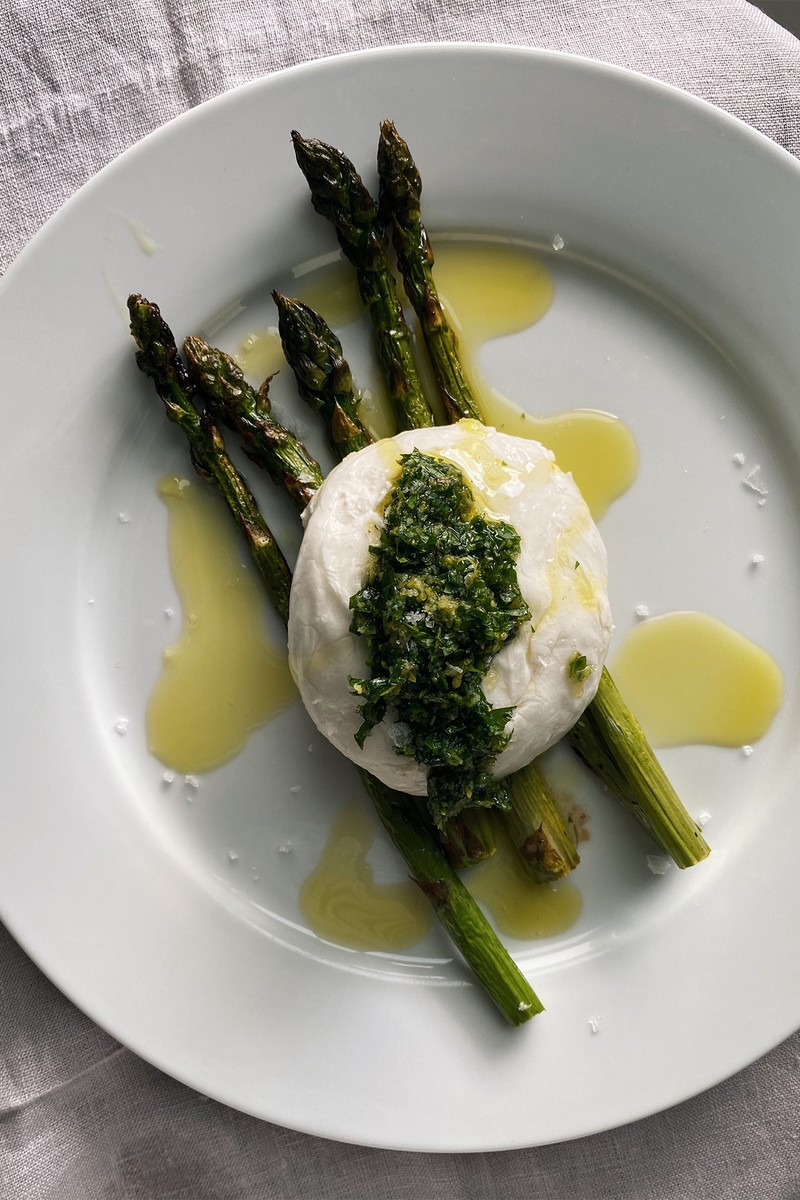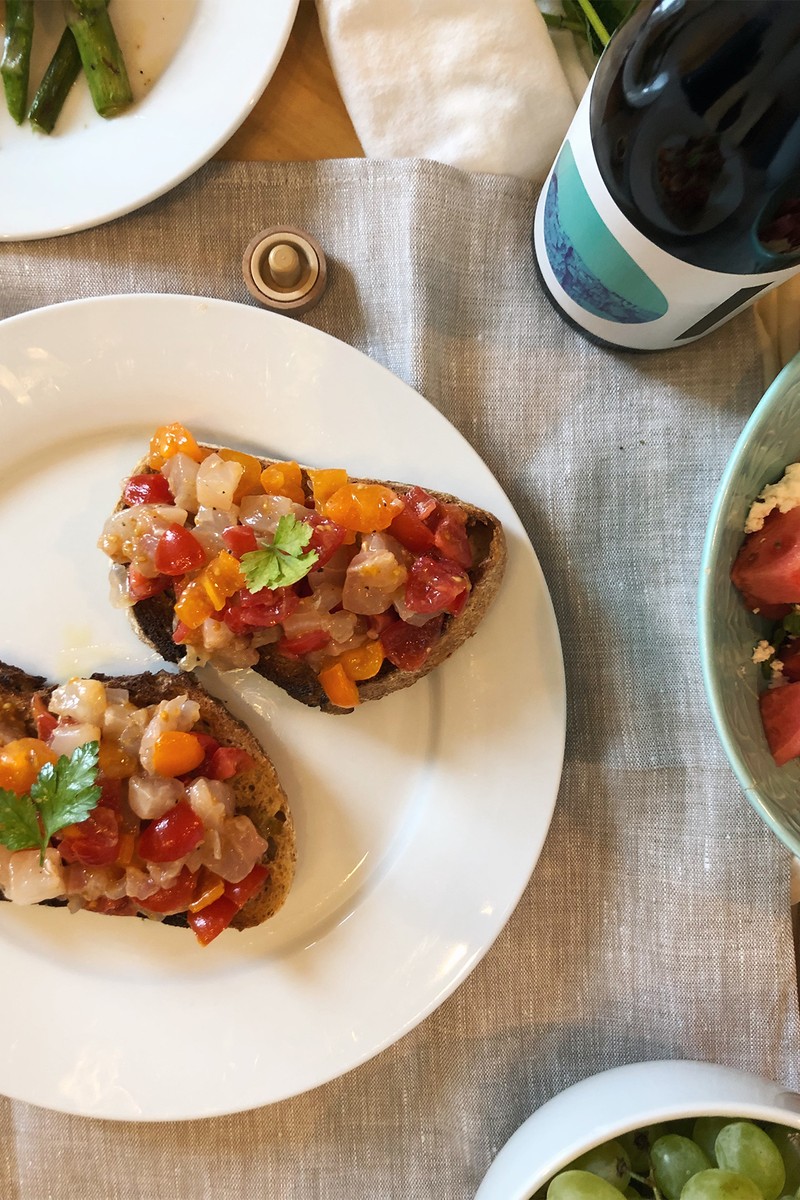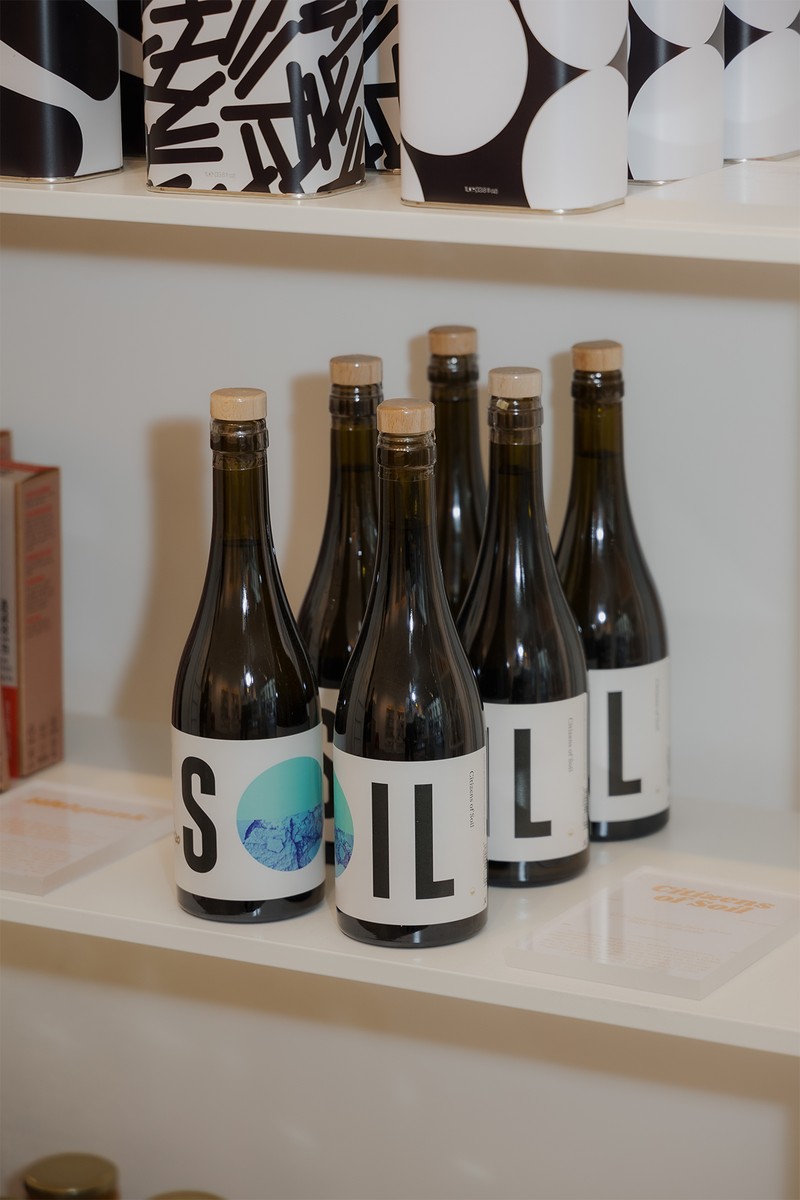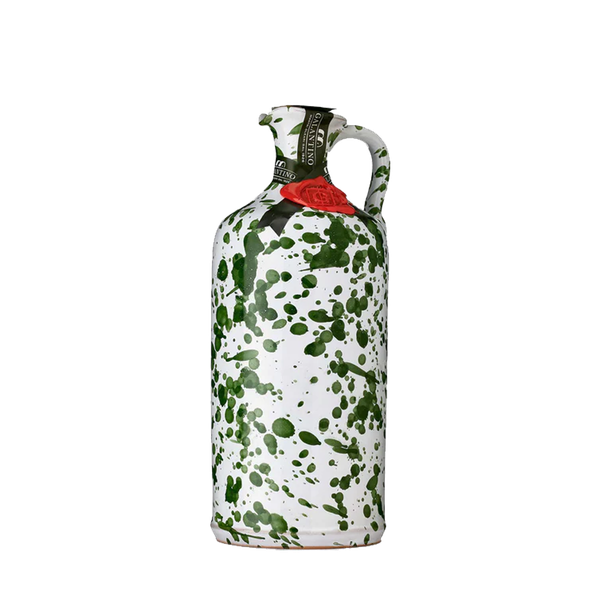Why Extra Virgin Olive Oil Is The Big Food Trend Right Now
Twenty years ago, no one cared about coffee, but now everyone is an expert and likes a particular blend. The same thing is starting to happen with olive oil – people are appreciating the nuances. For now, though, UK supermarkets are lagging behind. The standard stuff on the shelves can only be described as ‘edible oil’, which is nothing like the quality you get from small suppliers.
People are cottoning onto the health benefits too. The Mediterranean diet has consistently proven to be the best diet in the world for the past 20 years. Olive oil contains polyphenols, which are antioxidants found in specific foods. They have been linked to improved cardiovascular and gut health, as well as lower cholesterol and blood pressure. People like Tim Spector have been raving about them for years. But to get the health benefits, you need to eat extra virgin olive oil. You won’t find polyphenols in standard olive oils or refined oil, and everyone should be having a decent amount in their diet.
To tell a good olive oil from a bad one, you need to smell it. Pour some into a glass, put your hand over the top, and swirl it around to get the smells going. The first sniff will tell you a lot. A good one will instantly smell like plants of some kind – be it olives, grass, almonds or tomatoes. It shouldn’t smell like crayons or wax. Then, take a sip and look for an astringency, like a slight bitterness. Some olive oil is super bitter, which is amazing, while others are light with a little sharpness. When you swallow it, you want to feel a pepperiness on the back of the throat. Again, this could be a little or a lot, but those three things tell the quality of an oil. And if you don't have all three of those in some dimension of balance, there's no quality to it.
To be considered ‘extra virgin’, olive oil is graded like wine. First, it has to be processed without any heat or chemicals. Then the difference between virgin and extra virgin is ascertained by one sensory test, undertaken by a third-party panel typically in the oil’s home country, before export. They assess it with a lab report, then put it through the ‘smell test’ where they can pick up any defects. The oil must also have some acidity to prove the olives were in good condition at harvest.
Spain is the biggest producer of extra virgin olive oil. The other big players are Italy and Greece, and there’s a huge market in North Africa – the region is making some fantastic organic oils. There are lots of small suppliers working with farmers to ensure they are paid fairly. At Citizens of Soil, we are as transparent as possible, so all our bottles include the harvest date, so you know when it was produced and bottled. ‘Best before’ means nothing. That can refer to any time it was bottled, which could be a year or two after it was produced. Often, the stuff in supermarkets gets transferred all around the Mediterranean, and by the time it ends up on our shelves, it could already be three or four years old. Old oil lacks all the flavour, and almost all nutrients.
The best way to store extra virgin olive oil is in a dark space. It needs to be in a cupboard or dark glass bottle to block out the light. It could also be in a ceramic bottle or tin – but never in a clear glass. Just like some wines and beers, it’s very sensitive to light, which oxidises and breaks down the oil. It's important to store it away from heat, as heat breaks down the oil over time. Storing it next to your cooker is a big no-no – chefs are the worst for this! They tend to place a bottle next to the stove, which is a real waste. Plus, once you’ve opened a bottle, you need to use it within three months. Unopened, it can last 18 to 24 months, but once exposed to oxygen it starts to break down.
Even some of the best chefs don’t know the difference between a good and a rancid oil. For example, many use store-bought olive oil in dishes, which has no flavour, so there’s some education that needs to happen in the industry. Once you can smell and taste a rancid oil, it’s like detecting flat coffee or old, corked wine.
Extra virgin olive oil is versatile, and can be used in any kind of dish – hot or cold. Everyone thinks about salads and dressings (the obvious choice) but drizzled over cucumber and tomato is also simple and delicious. I like to pour it over rice and bread with some flaky sea salt; roast it with chunky potatoes, feta and oregano; and drizzle it over soups and pasta. Plus, a glug over chocolate mousse or scoop of ice-cream is delicious and a trend in the restaurant world – the combination of sweet and savoury works. I also like to make a quick lunch of butter beans, cooked down and served with broccoli and olive oil. If you want to consume more in your everyday diet, you could drizzle it over yogurt and granola in the morning, or swap out butter for it.
Research suggests that vegetables cooked in it absorb antioxidants including polyphenols. We have a problem in the UK with deep-frying food in poor-quality oil, especially in chicken shops and chippies. Price is often a factor here, so I recommend buying the cheapest extra virgin olive oil you can at the supermarket for cooking. Then, invest in a better one for everything else.
We source small batches of extra virgin olive oils from producers across the Mediterranean. We pay above market rates and champion female producers who are regenerating their land by farming organically and incorporating biodiversity. They ensure their groves have life and are building back resilience to the climate crisis. At our end, we’ve created refill pouches, which produce 15 times less carbon than glass, and include third-party lab reports so you can read about the benefits. We also have an olive oil club, where customers are sent different varieties to try every few months. It’s a great way to discover new regions, producers and recipes.
An olive oil sommelier is just like a wine sommelier. Like wine, there are defects that can be found in olive oil. During a course (Italy offers some of the best) you learn about the oil-making process, what affects the harvest, and what it should and shouldn’t taste like. You also learn how to identify different varieties from various countries, like Spain and Greece, as well as how to pair it with food. There are over a thousand different varieties of olives, with Sicily alone home to over 300, so there are countless flavours to detect.
For more information, visit CitizensOfSoil.com
SHOP THE EDIT
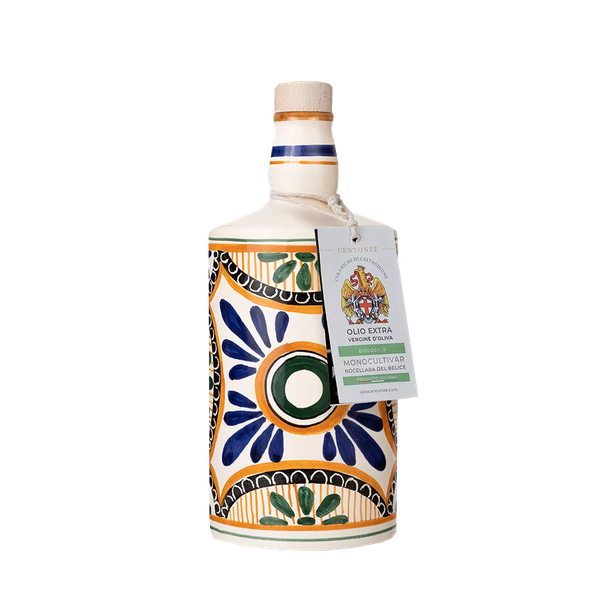
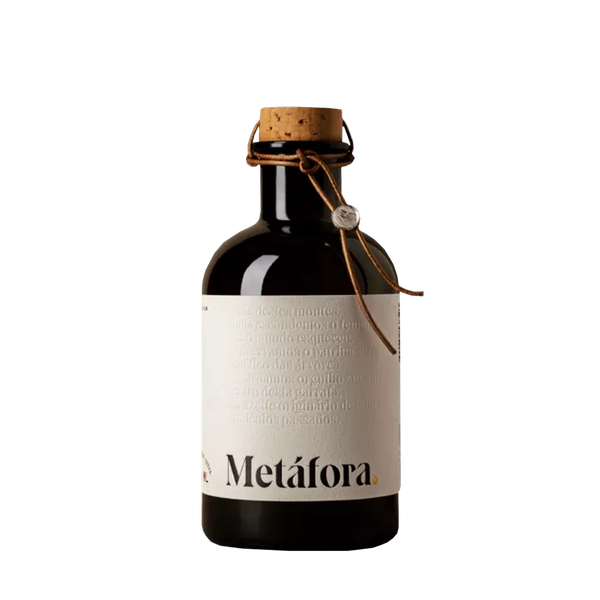
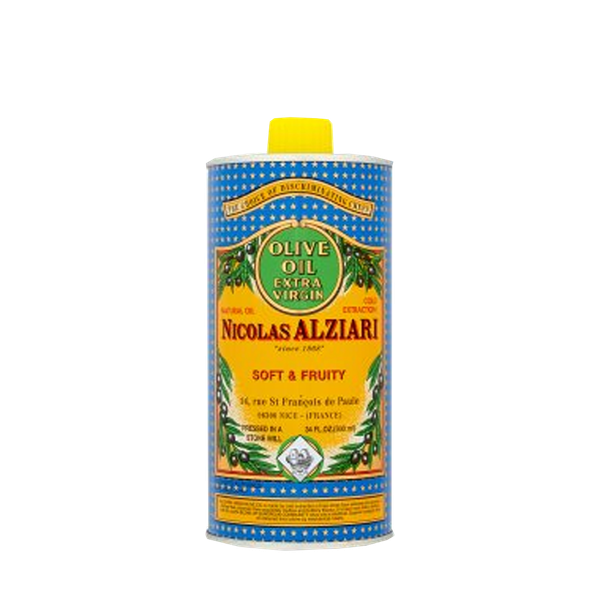
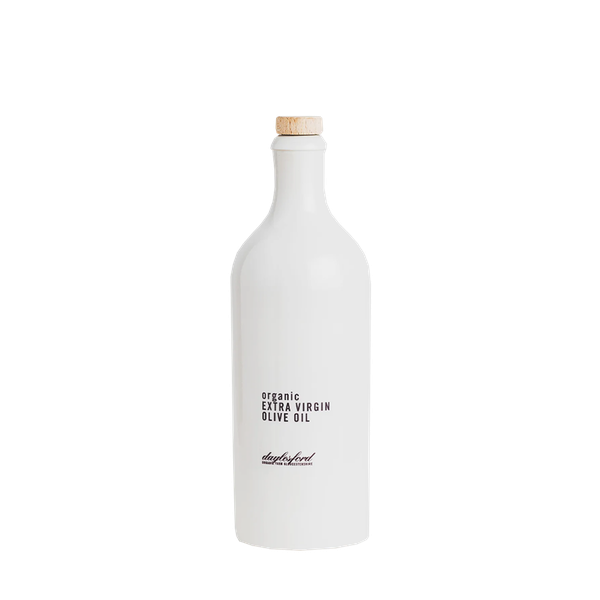
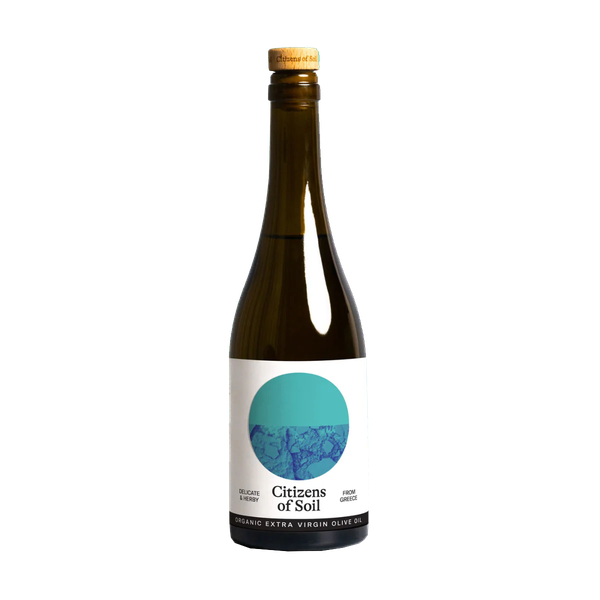
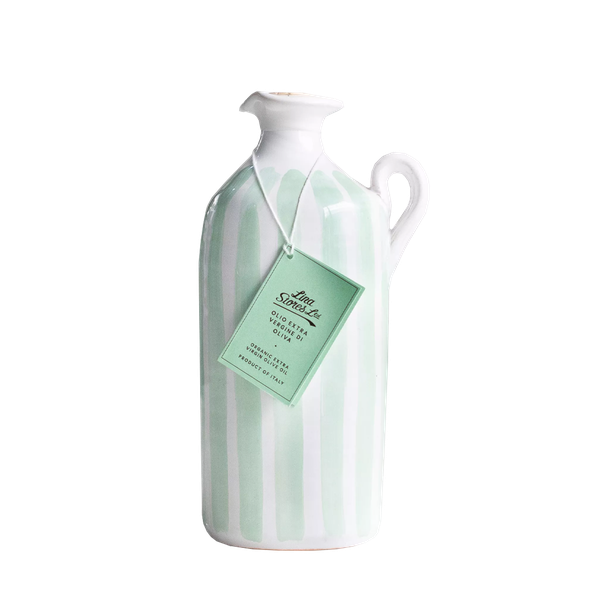
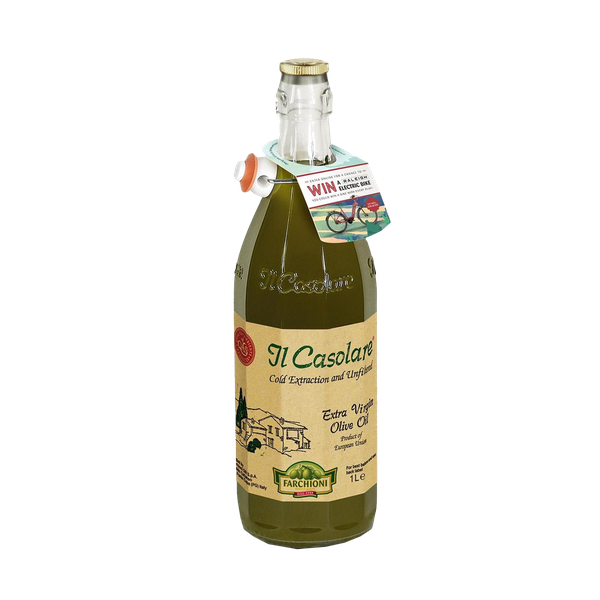
DISCLAIMER: We endeavour to always credit the correct original source of every image we use. If you think a credit may be incorrect, please contact us at [email protected].
